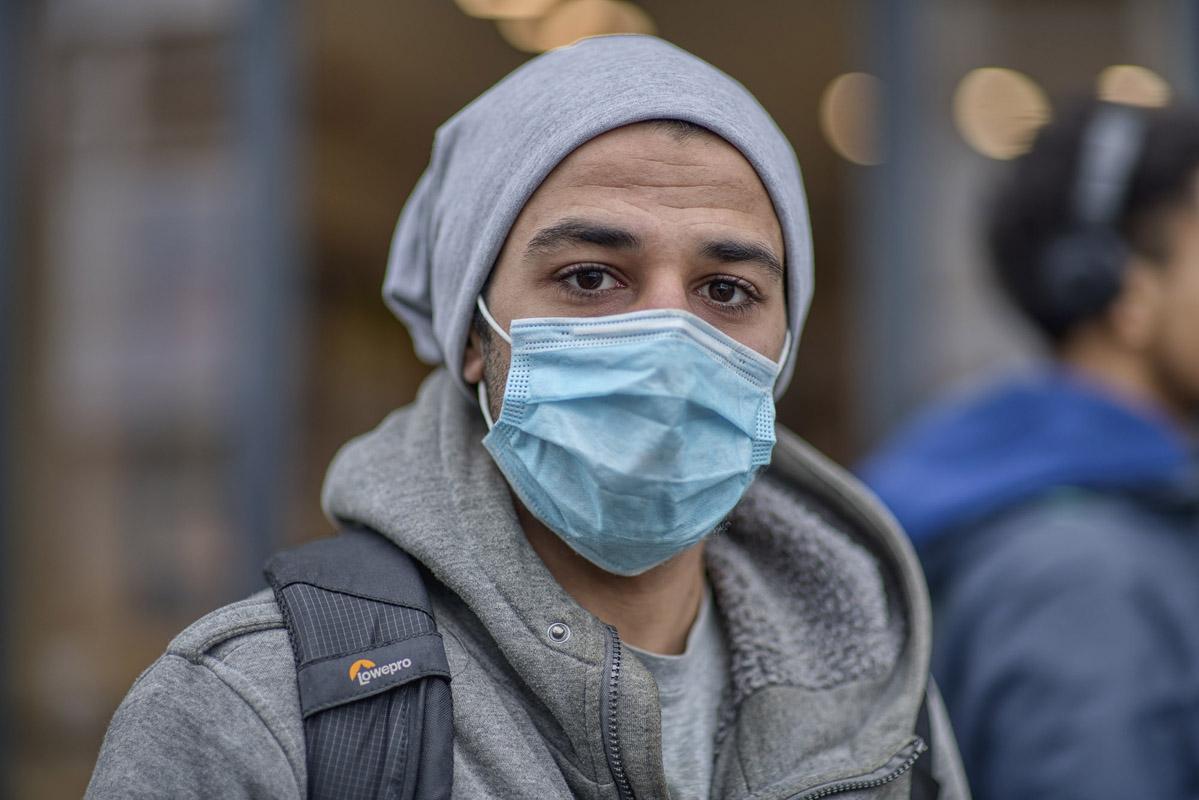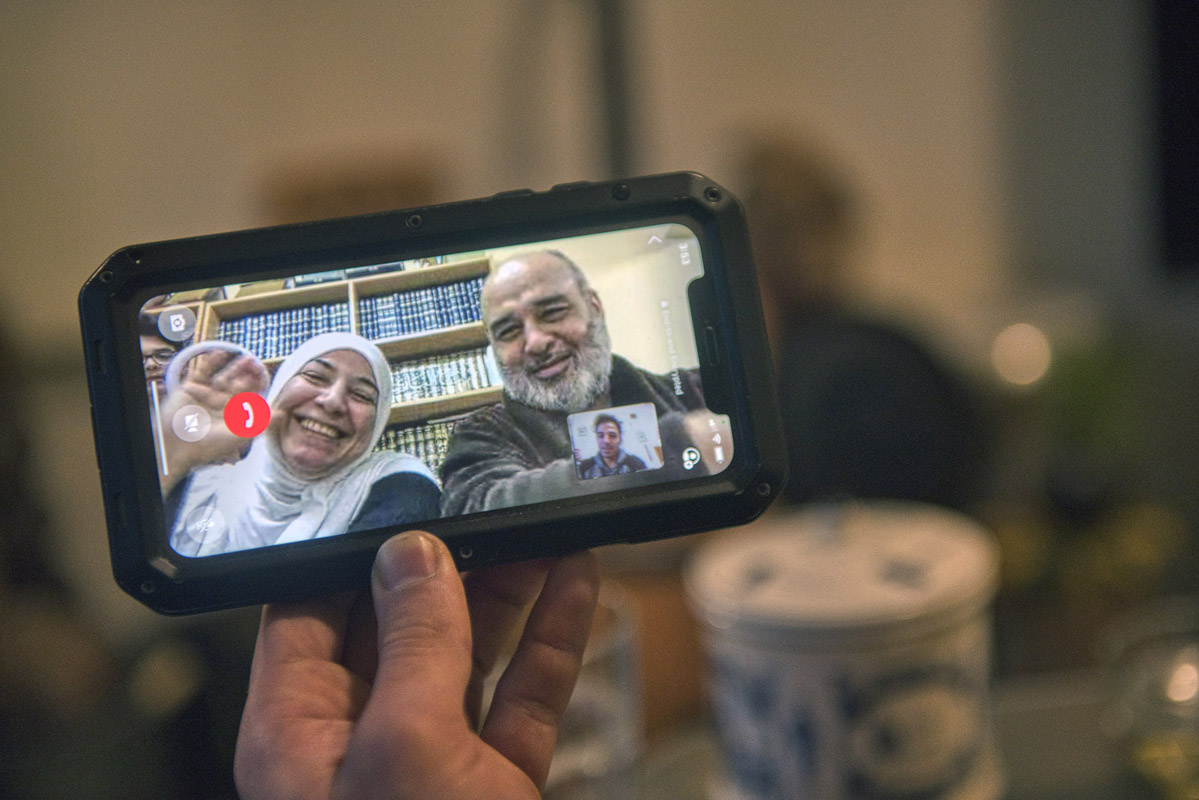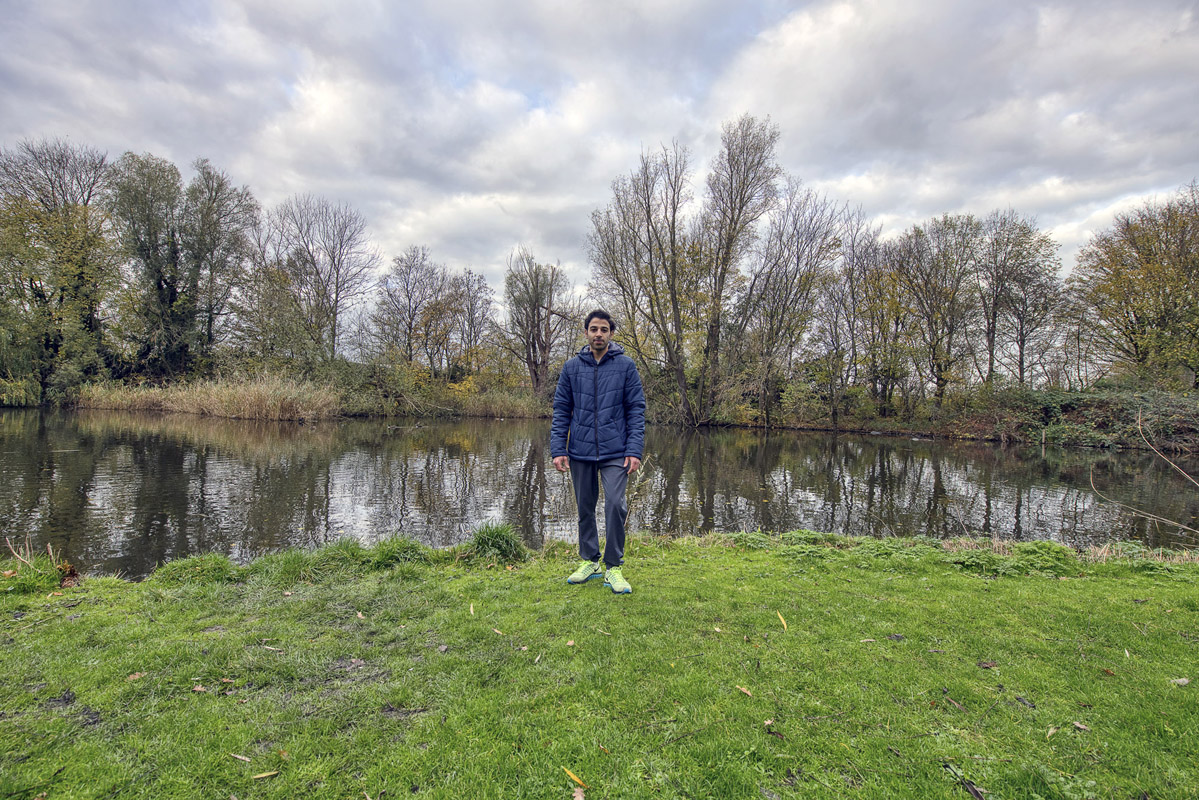For millions of people around the world, 2020 has been a year of estrangement and distance from family and friends caused by the global Covid-19 pandemic. But for people like Hussein, who fled the Syrian conflict in 2015 and joined the great wave of migrants arriving in Europe from the Middle East, separation from family and friends is nothing new.
The coping mechanisms he has devised to deal with isolation and loneliness are now proving useful in times of pandemic. “You have to go inside yourself,” says Hussein, who now lives in Amsterdam and is seeking asylum. “You have to find the things inside you that give you stability.”
This inner strength has been the core of Hussein’s way of dealing with life upturned by conflict and he believes it has helped him with the new social distancing norms imposed by Covid-19 regulations.
“For me, it’s maybe easier to deal with it because I have done this before,” he says, referring to his many years experience with maintaining long-distance connections with his family — mother, father, four brothers, four sisters — now scattered between Syria, Kuwait and Europe.
“It is something I have experienced because of the situations I’ve had in my own life. But now people are experiencing this because of Covid and [they are] being pulled out of their comfort zones.”
 Red Cross Red Crescent magazine
Red Cross Red Crescent magazine 









 Tech & Innovation
Tech & Innovation Climate Change
Climate Change Volunteers
Volunteers Migration
Migration